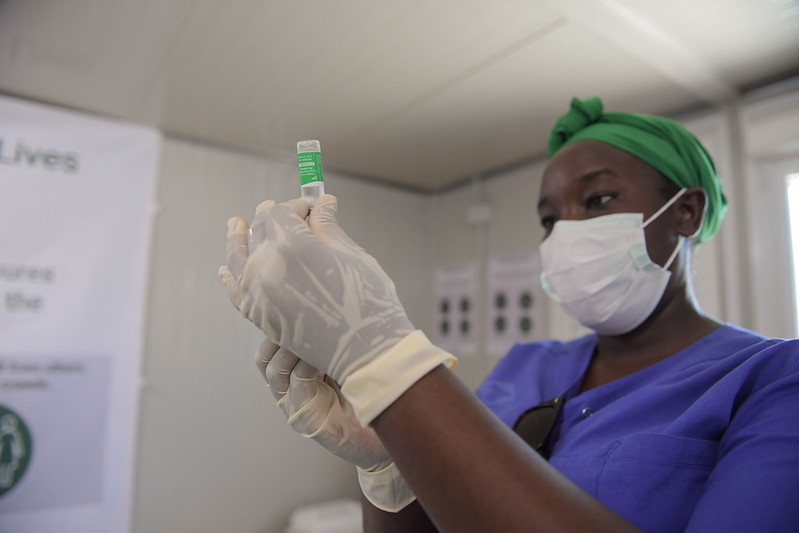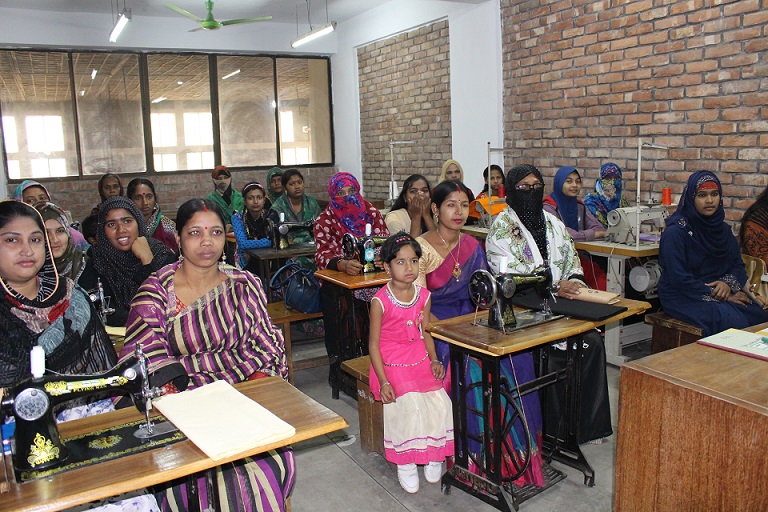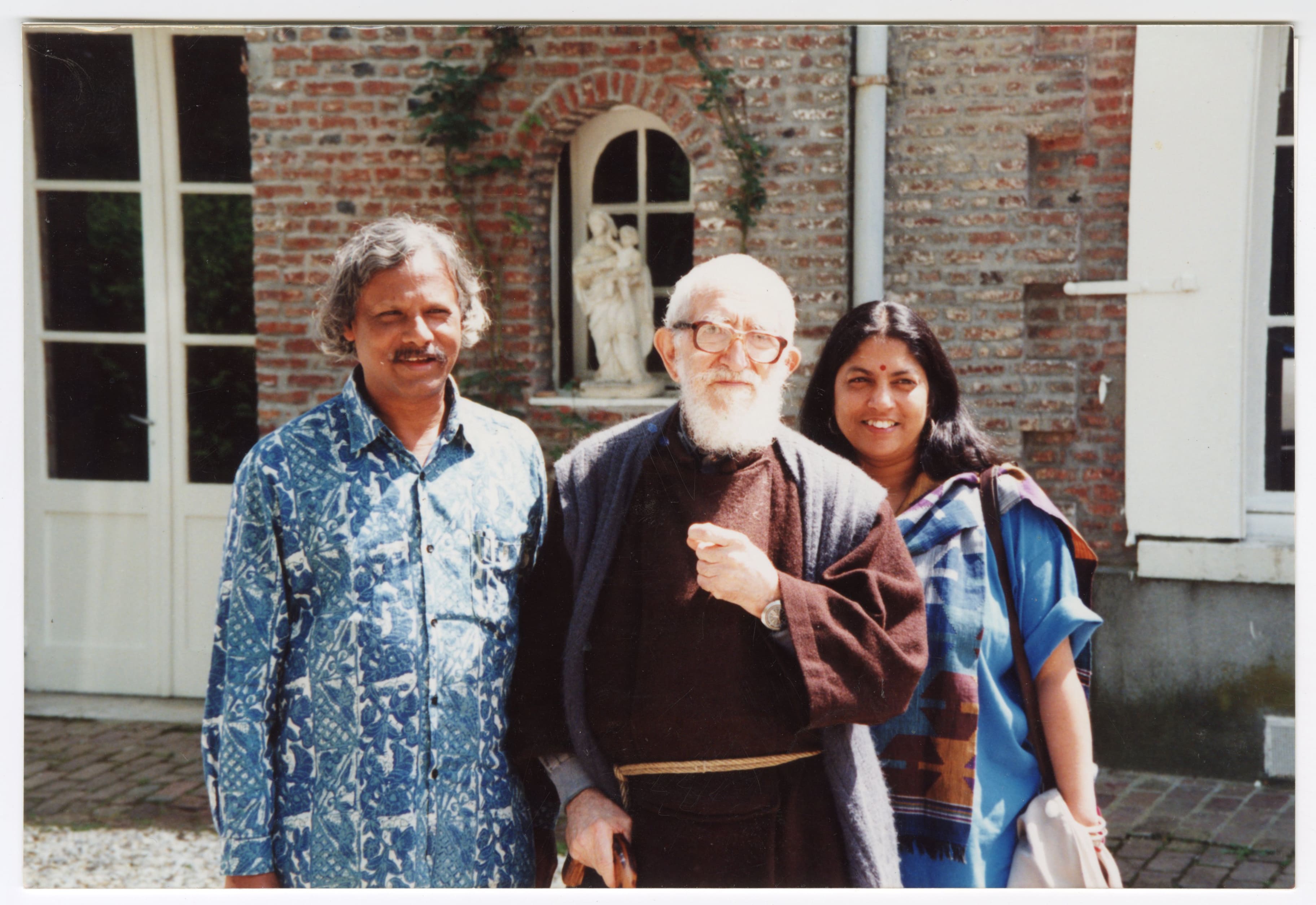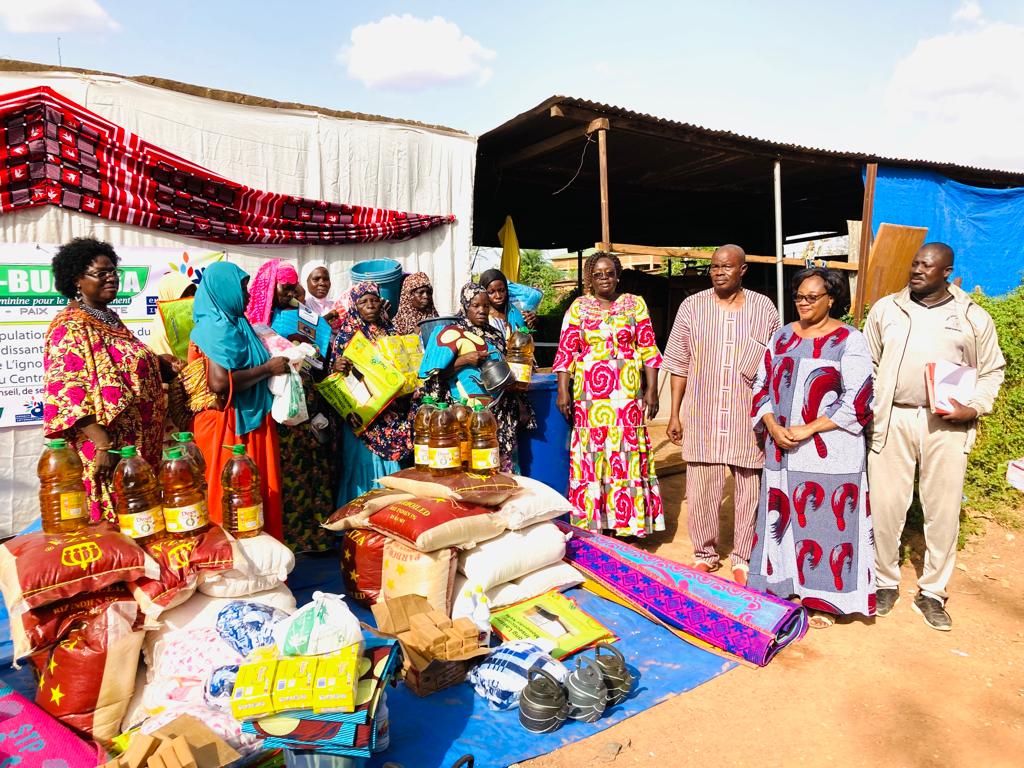Possibilities and constraints of the vaccination against Covid-19 on the African continent.

In Africa, vaccination against Covid-19 is the subject of many debates during the crisis. Madeleine Antoinette Mbom, a member of the African regional executive committee, discusses this hot topic with us. By highlighting the example of her country, Cameroon, she sheds light on the arrival of the vaccine on the continent and the obstacles to mass vaccination.
On paper, the vaccination of the African population against Covid-19 offers various possibilities. First of all, the fact that vaccines are free of charge in most countries on the continent, as is the case in Cameroon, theoretically a large part of the population will be able to receive the vaccine. The vaccination programme has also been accelerated greatly, and in some countries, including Cameroon, it is already possible for all people over the age of 18 to be vaccinated. The supply of Chinese vaccines into our countries has been positive for launching the vaccination campaign, but the waiving of patents on other European and US vaccines could result in faster production and distribution of vaccines, all at a low cost. At African level, the distribution of vaccines remains unequal. The UN Security Council also deplores the fact that the African population accounts for 2% of vaccinations while representing 16% of the world’s population. However, a redistribution of vaccines on the continent is already possible thanks to the African Union’s initiative and the Covax system, which should eventually provide vaccines to 20% of the African population.
In terms of limitations to this vaccination programme, first of all, we can observe that ignorance among the population is one of the key obstacles to vaccination, as a result of fake news which circulates, particularly on social media. This is compounded by the media’s criticism of the poor efficacy rates of the Chinese vaccines and their possible side effects, leading to further scepticism among a section of the population that already had doubts about vaccinations in general. Fear of vaccination against the coronavirus is also linked to the fact it appears to be obligatory and people feel exaggerated importance has been given to a disease that has not caused as much harm in most African countries, compared to other diseases such as malaria and AIDS, which have no vaccines. A large section of the population also doubts the real motivations of companies and governments regarding this vaccination and few Africans so far have chosen to take advantage of the first vaccines received by their countries. Lastly, for those who wish to be vaccinated, there are also concerns about the availability of doses, transportation difficulties, breaks in the cold chain, along with the expiry of doses in some countries where transportation is difficult. The population is sceptical and there is a lack of health infrastructure, creating real inequalities in the distribution of vaccines. While Togo and Ghana have already used all their stock, the Democratic Republic of Congo has announced it will have to throw away almost all its 1.7 million doses of AstraZeneca that the country received, which is also the case for Malawi and South Sudan.
Madeleine Antoinette MBOM
Assistant Manager of the Centre for Health and Social Promotion (Cameroon)


